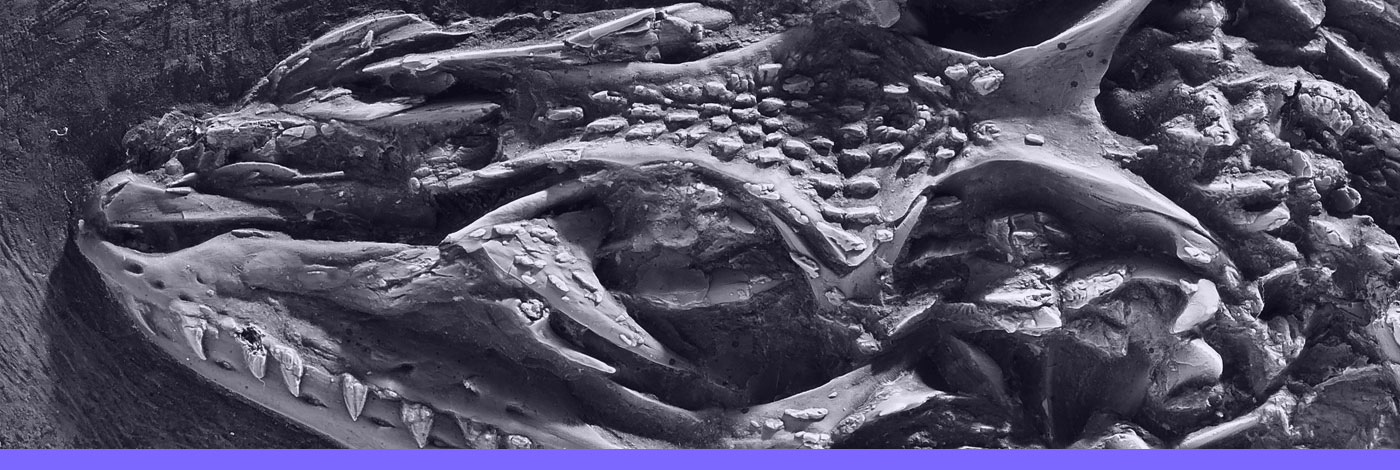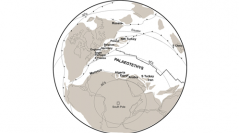

 Comptes Rendus Palevol
11 (1) - Pages 13-20
Comptes Rendus Palevol
11 (1) - Pages 13-20The posidoniform bivalve species Posidonia becheri Bronn, 1828, has been identified for the first time in the Lower Carboniferous (Tournaisian) sandy limestone-dark grey shale deposits of Hakkari Province, south-eastern Turkey. Palaeogeographically, this area was located at the northern tip of the Gondwanan Arabian Palaeozoic platform at the southern Palaeotethyan margin during the Carboniferous. The closest localities to this new occurrence are the Lower Carboniferous of northern England, Germany (Kulm Basin), Poland (Walbrzych Basin), Northwest Belgium, Spain (Cantabrian Mountains), Portugal, and Northwest Turkey (Zonguldak Basin). All these locations are considered parts of the Avalonian or Perigondwanan terranes, and were located NW of the Palaeotethys. Hence, our new finding from the SE Palaeotethyan margin, together with the data from Morocco, indicates that this posidoniid bivalve had probably been transported by oceanic currents in its larval stage to lower palaeolatitudes (about 50° S) within the Palaeotethyan Ocean during the Early Carboniferous, or alternatively, the northern Arabian platform margin was located in lower latitudes than previously suggested.
Bivalvia, Posidonia becheri, Early Carboniferous, SE Turkey, North Gondwana